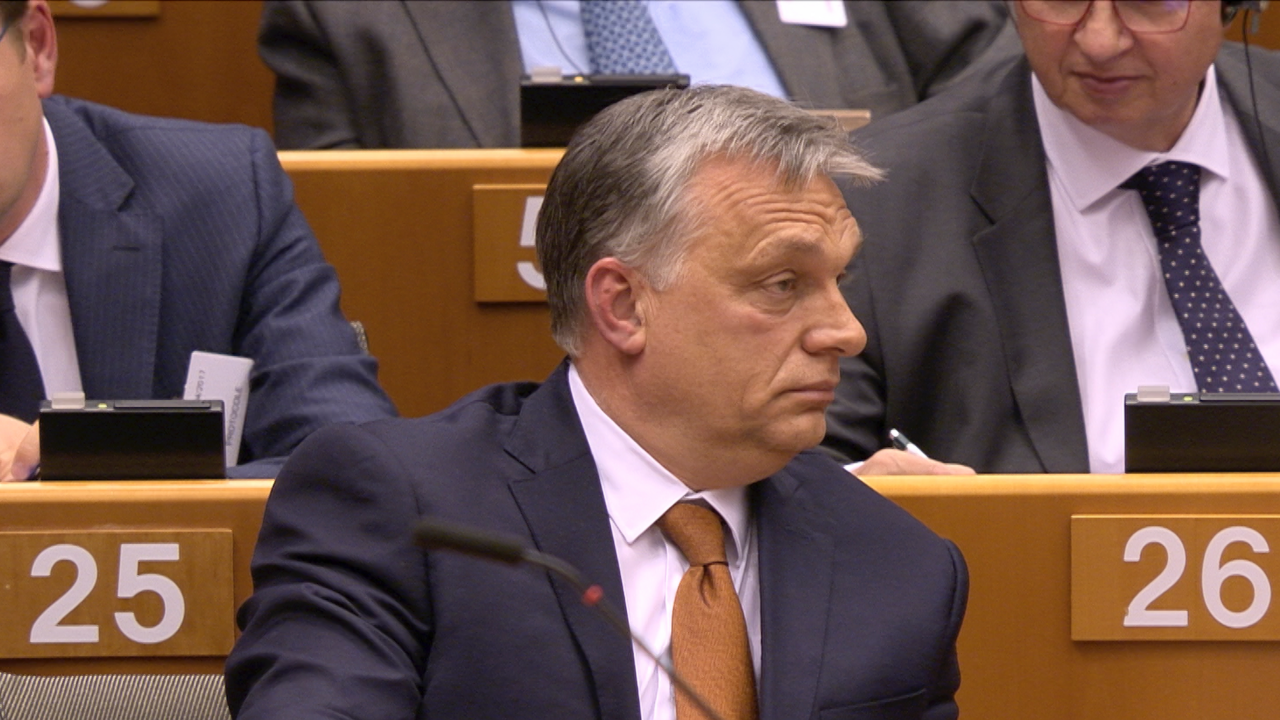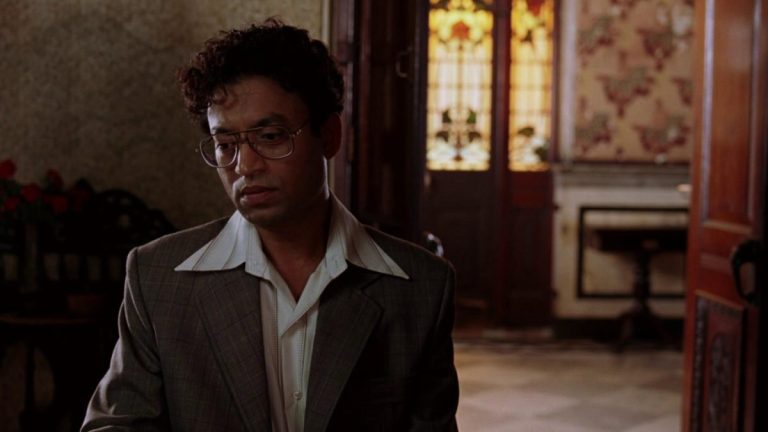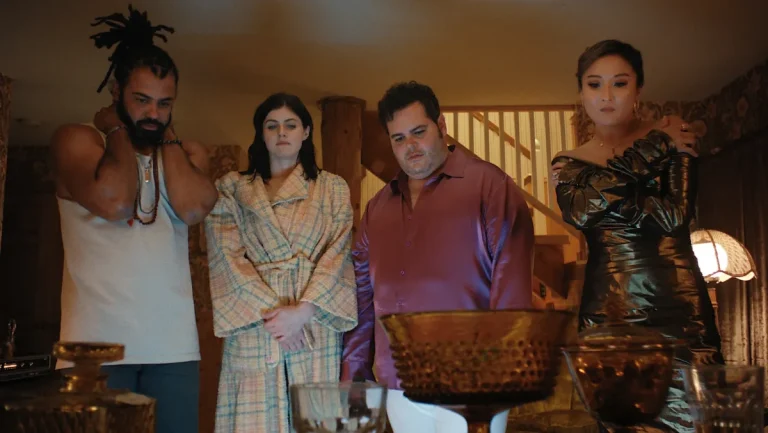Democracy Noir (2024) ‘CPH: DOX’ Movie Review: Connie Field, the American veteran filmmaker renowned for her poignant work on turbulent matters (e.g., “Freedom on My Mind,” 1994, “Have You Heard from Johannesburg,” 2010) and her contribution to social justice as a journalist and activist, turns her investigative camera to Europe. With such a background of interests, her attention is rightfully caught by Viktor Orbán, the prime minister of Hungary. His name became synonymous with, at the very least, one of an unconditionally assertive political leader. Out of respect to the media and political coverage of your reach, dear reader, I won’t assume you have ever had access to details regarding the political scene of Hungary.
Even if you’re following the international political news agenda regularly, this story has been complexified, distorted, and overlooked enough, making it impossible (nearly unfollowable) to decipher for an average reader (including myself). Nevertheless, Orbán has been repeatedly accused by European states of systematically employing diverting tactics that are not aligned with the democratic values the EU stands for. Besides, his affiliations with Vladimir Putin, extremist Republicans, and supporters of Donald Trump, which have not been in any way concealed, paint the picture of a man in power and a nation at stake under his will.
As the title suggests, “Democracy Noir” intentionally brings to light the crimes against democracy committed by the ruling party while voters are watching. That comes as a warning because the case here is easily an ‘unwatchable’ story. Connie Field follows three women who are fighting against such a system: Timea Szabo, an opposing politician and humanitarian worker; Babette Oroszi, a TV news reporter and journalist; and Nico, a nurse and activist.
Connie lets the personal aspects of these women be part of the picture, whether it is about their sexual preferences (as in the case of Babette) or their conservative or conforming social environment (as in the case of Nico). Although ordinary, this is a thoughtful choice because it lets us be in dialogue with what propels these women (or anyone, for that matter) to attempt the impossible. It also functions as a reminder of the intimate human layer often neglected when speaking about politics.
Such a comment might suggest associations with instances of feminism and generalized activism. The attempt here is still to chronicle the rise of Orbán and his insatiable chase for power over the last two decades. Without undermining the importance of every smaller or bigger event shown in the picture, among the many obtrusive episodes related to Orbán’s affairs and consequently worthy of critical assessment, two are highlighted in “Democracy Noir.” Ruthless media control and total silencing of criticism severely affected public opinion and damaged the multiparty democratic environment.

I cannot claim that the answers to when or how were clear to me, but eventually, his coercive interventions culminated in a constitutional reconstruction, unofficially perhaps, driving the country from a parliamentary republic back towards a state of constitutional monarchy. Next to that, and following his election as the governmental leader of Hungary, the prime minister handled EU funding abusively, and by doing so, he fundamentally disrupted the already problematic system and further polarised the distressed Hungarians. Beyond the obvious, this sequence professes his intentions for amassing power and inevitably leads to his uninterrupted stay in a leading position.
Connie Field manages a remarkably balanced (considering the intrinsic complexity) storyline. While most of the events and shooting locations unfold in Budapest, the country’s capital, which counts about 17% of the total population and is often confused with the only reality of Hungary, the director dedicates some significant time to the countryside. It is only from that perspective that we can actually perceive the scale of the political influence and how elections are guided not by liberal and updated opinions often circulating in metropolitan environments but by the organic popularisation of basic needs. Evident to many, this is a strong argument that sharpens the dichotomy of what we call a voting body and pretty much summarises any ‘surprises’ noted on an election day.
Nevertheless, it is through the path of these women that we can observe the many facets of disturbance a leader can cause, even paradigmatically. The three of them suffer life-changing damages resulting from their choice to stand against the prime minister of their country. Undeniably, the director acknowledges the field she stepped into. By the end of the film, I was convinced that such stories are not necessarily empowering; even if individuals like these three women are using inherent democratic rights to criticize and object to evident wrong-doing, the system can be best navigated and maneuvered by power holders. For the rest, acts of resistance are not only countered by decreased potency but also proven pointless.
It is not hard to imagine that the horror of “Democracy Noir” is not upon the easiness of a politician in Europe to orchestrate his public presence, manipulate the media, and deceive his voters into making his way to dictatorship; the truth of this matter is how much we put our faith on the integrity and resourceful will of individuals, rare and few as they are, to interrupt.

![Sub-Zero Wind [2019]: ‘NYAFF’ Review – An Uneven Tale about Growing up in the shadow of an economic crisis](https://79468c92.delivery.rocketcdn.me/wp-content/uploads/2019/07/Sub-Zero-Wind-highonfilms-768x432.jpg)



![Serpico [1973] – A Paradox Known as ‘Honest Cop’](https://79468c92.delivery.rocketcdn.me/wp-content/uploads/2016/06/Serpico-3-768x511.jpg)
